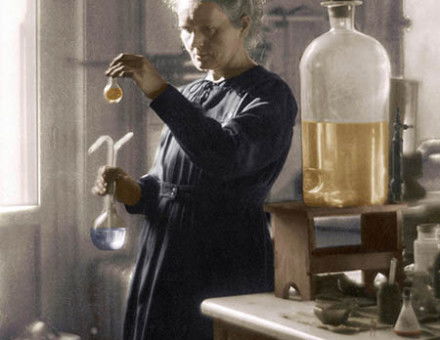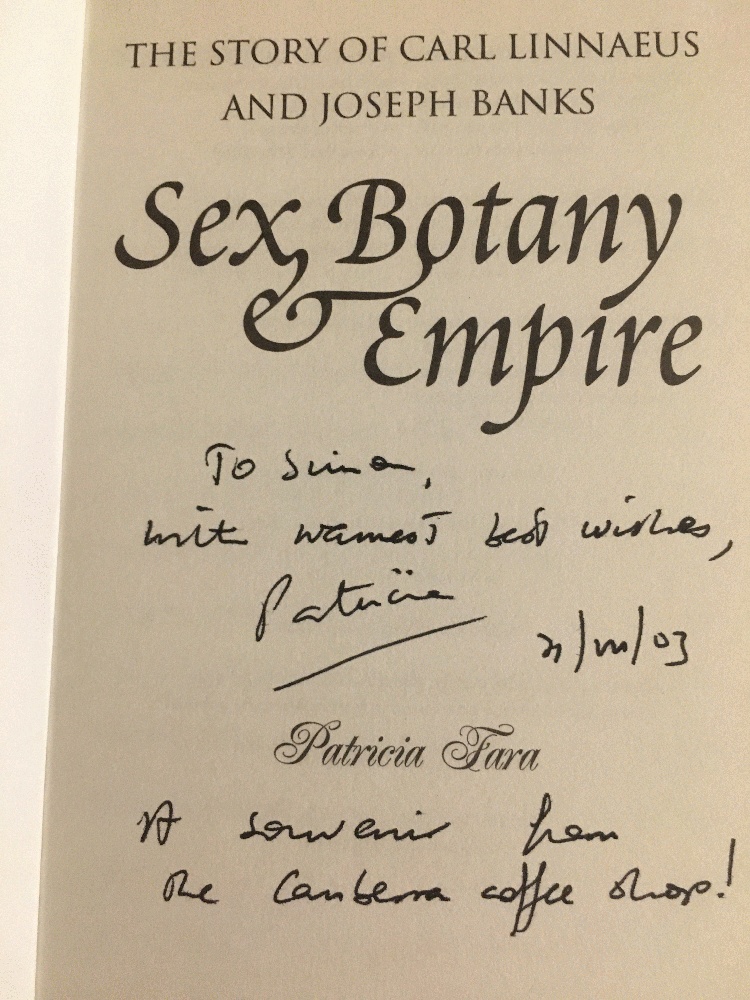

A Lab of One''s Own is essential reading to understand and eliminate the inequalities still affecting professional women today.ġ:Snapshots: Suffrage and Science at CambridgeĢ:A Divided Nation: Class, Gender, and Science in Early Twentieth-Century Britainģ:Subjects of Science: Biological Justifications of Women's StatusĪbandoning Domesticity, Working for the Voteĥ:Factories of Science: Women Work for WarĦ:Ray Costelloe / Strachey: The Life of a Mathematical Suffragistħ:Scientists in Petticoats: Women and Science Before the WarĨ:A Scientific State: Technological Warfare in the Early Twentieth Centuryĩ:Taking Over: Women, Science and Power During the Warġ0:Chemical Campaigners: Ida Smedley and Martha Whiteleyġ1:Soldiers of Science: Scientific Women Fighting on the Home Frontġ2:Scientists in Khaki: Mona Geddes and Helen Gwynne-Vaughanġ3:Medical Recruits: Scientists Care for the Nationġ4:From Scotland to Sebastopol: The Wartime Work of Dr Isabel Emslie Huttonġ5:Inter-War Normalities: Scientific Women and Struggles for Equalityġ6:Lessons of Science: Learning from the Past to Improve the Future It found them serfs, and left them free.' She was wrong: Women had helped the country to victory, had won the vote for those over thirty - but had lost the battle for equality. In 1919, the suffragist Millicent Fawcett declared triumphantly that 'The war revolutionised the industrial position of women. They had already shown exceptional resilience by challenging accepted norms to pursue their careers, now they played their part in winning the War at home and overseas. A Lab of One's Own focuses on the female experts who carried out vital research. Defying protests about their intellectual inferiority and child-bearing responsibilities, during the War they won support by mobilizing women to enter conventionally male domains. Suffrage campaigners aligned themselves with scientific and technological progress. Patricia Fara investigates the enterprising careers of these pioneering women and their impact on science, medicine, and the First World War. It tells fascinating and extraordinary stories featuring initiative, determination, and isolation, set against a backdrop of war, prejudice, and disease.


A Lab of One's Own commemorates both anniversaries by revealing the untold lives of female scientists, doctors, and engineers who undertook endeavours normally reserved for men. Oxford Research Encyclopedias: Global Public HealthĢ018 marked a double centenary: peace was declared in war-wracked Europe, and women won the vote after decades of struggle.The European Society of Cardiology Series.Oxford Commentaries on International Law.


 0 kommentar(er)
0 kommentar(er)
